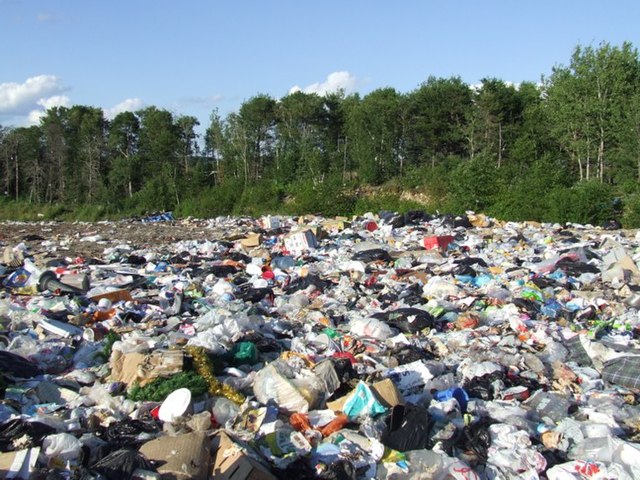Environmental laws are laws that protect the environment. Environmental law is the collection of laws, regulations, agreements and common law that governs how humans interact with their environment. This includes environmental regulations; laws governing management of natural resources, such as forests, minerals, or fisheries; and related topics such as environmental impact assessments. Environmental law is seen as the body of laws concerned with the protection of living things from the harm that human activity may immediately or eventually cause to them or their species, either directly or to the media and the habits on which they depend.
Industrial air pollution now regulated by air quality law
A typical stormwater outfall, subject to water quality law
A municipal landfill, operated pursuant to waste management law
Oil spill emergency response, governed by environmental cleanup law
In law, common law is the body of law created by judges and similar quasi-judicial tribunals by virtue of being stated in written opinions.
A view of Westminster Hall in the Palace of Westminster, London, early 19th century
A 16th century edition of Corpus Juris Civilis Romani (1583)
USCA: some annotated volumes of the official compilation and codification of federal statutes.
The Constitution of India is the longest written constitution for a country, containing 395 articles, 12 schedules, numerous amendments and 117,369 words.








